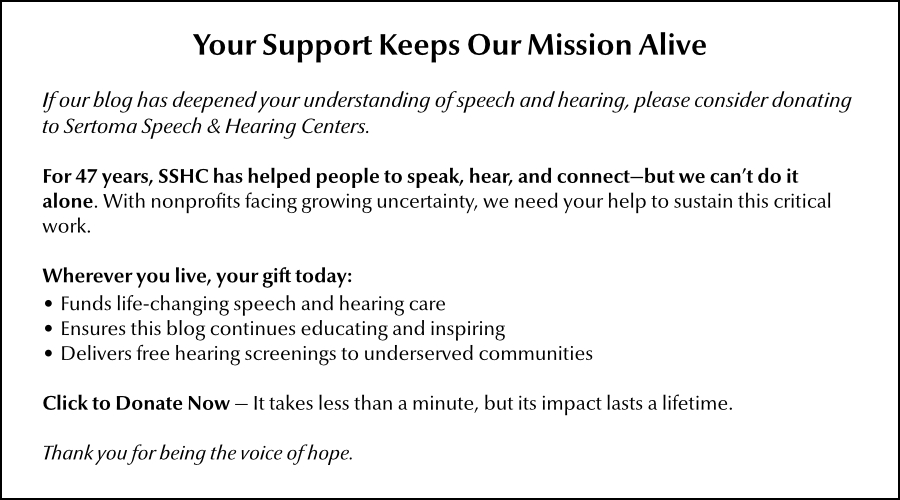A recent study reveals that sleeping nine or more hours each night might negatively impact brain function. For people with depression, this risk of cognitive decline is even more pronounced, highlighting another way sleep can affect mental health.
Why it matters
Long sleep is linked to worse memory, problem-solving, and mental sharpness; depression intensifies this effect. For those already struggling with mood, oversleeping could silently accelerate cognitive decline.
By the numbers
- 1,853 adults (ages 27–85) were studied.
- 9+ hours of sleep correlated with poorer cognition, even after accounting for stroke and dementia risks.
- 90% of people with depression report sleep issues, per the study.

The big picture
Sleep is vital for brain health, but balance matters. The Global Council on Brain Health advises 7–8 hours nightly. Straying far from this—whether sleeping too little or too much—can impair critical skills like planning and impulse control. Depression blurs this line further, worsening sleep’s impact on the brain.
The takeaway
- Aim for 7–8 hours of sleep. Track your habits if you have depression.
- Scientists urge more research to confirm if cutting sleep time can protect cognition in high-risk groups.


